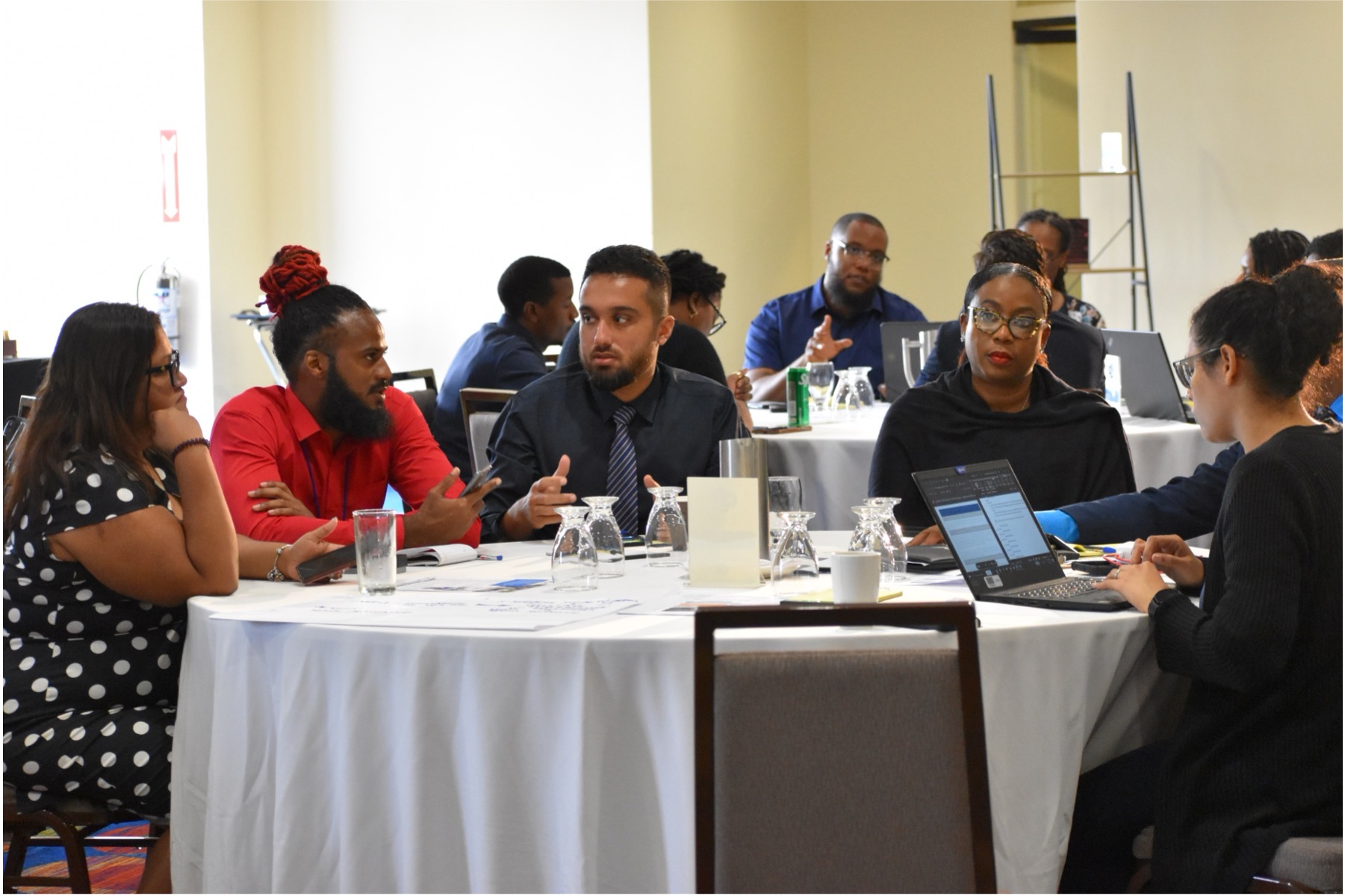Promoting a Human Security Approach to Disaster Displacement, Environmental Migration, and Disaster Risk Reduction in the Caribbean Region
Duration: February 2024– August 2025
Budget: US$387,400 (UNTFHS: $300,000; Pooled Funding: $87,400)
Implementing Agencies: IOM (lead), United Nations Office for Disaster Risk Reduction (UNDRR)
The Caribbean region faces a unique set of challenges shaped by its exposure to natural hazards such as hurricanes, floods, droughts, and volcanic activity. These risks – made more complex by socio-economic pressures and global events like the COVID-19 pandemic – can disrupt lives and livelihoods, particularly for the most vulnerable. Yet within these challenges lies an opportunity to better understand and address the ways climate and other stressors influence human mobility, from migration and displacement to planned relocation and even the choice to stay. Recognizing that some communities have not yet fully embraced migration as a form of climate adaptation, there is growing momentum to adopt a more holistic, people-centered approach.
The programme aims to promote adequate protection for disaster-displaced persons, environmental migrants, and vulnerable communities in the Caribbean region against multiple threats. The key objectives are to: (i) ensure governments and communities have systems and capacities in place for disaster risk management and climate change adaptation; and (ii) enhance awareness of the human security approach in addressing human mobility, climate change, and disasters in the region.
KEY MATERIALS
Programme Summary

